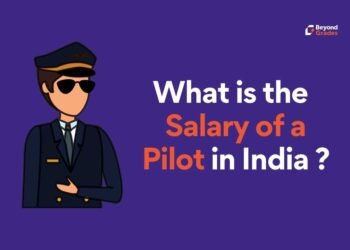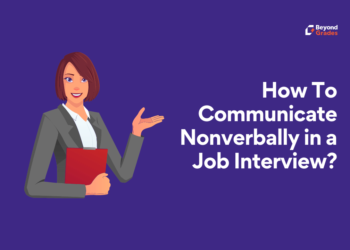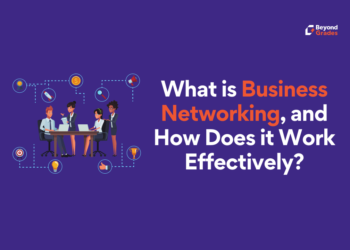[ad_1]
Know the conflict in Conflict Management
What do you understand by the word ‘conflict’? Issues between two or more people, right? A conflict can be anywhere in house, office, school or colleges. Any conflict can be anything minor or major, but the main point is how to manage the relationship after that. As we all know in personal life, there is a limit and level of every fight and conflict that won’t last long, and the same goes with workplace conflict.
Conflicts are of various levels

1. Individual conflict can be with ourselves due to lack of performance or concentration at the workplace, and it also can be with another person regarding competition, status, and promotion.
2. Group-level conflicts are of two types: inter-level and intra-level. Intra-level conflict is among groups due to incorporation in the team, and inter-level conflict is among two different groups due to projects and performance levels.
3. Organizational level conflict is also of two types. One is Intra organizational conflict which lies within an organization and the other is inter-organization conflict is among two different organizations.
After the level of conflict, there are few common reasons for conflicts which include –

- Fear
- Misunderstanding
- Stress
- Scarce resources
- Attitude
- Knowledge Gap
- Low performance
Now the question arises, How to handle a conflict if it occurs. There is a solution for every conflict, which lies in the Conflict Management sector. Conflict Management is also known as conflict resolution, having a workplace most commonly that precludes conflict and a management team that successfully handles and resolves issues. Conflict Management is the opportunity that strengthens the relationship and improves solutions. Conflict resolver can be a good personality trait, it can be anyone within the group or out of the box. There are different Conflict Management skills and strategies that play an important role in resolving any issue.
Types of Conflict Management skills are –

Communication
It is the key to resolve any small or big conflict. Without any communication, human behavior tends to assume everything, which later converted to overthinking as well. Good communication includes a quick response to the problem, active listening, good leadership, and participants’ understanding.
Emotional Intelligence
It is the ability to understand your feelings and those of others who can handle such a critical situation. It is essential to understand the necessity and right time before taking any step in any conflict; you never know how impulsive behavior or any move can harm another person.
Empathy
It means feeling what others feel. It is the ability to see any issue or conflict from other’s perspectives. A different hallmark of empathy is accountability, building trust, managing emotions.
Creative Problem Solving
Mutual understanding and good communication skills can help to reach a solution very quickly. For example, resolving a conflict depends upon creating a solution. Under this good sense of humor, decision-making personality, goal integrations come.
Avoiding
People ignore the situation as they think it is not worth harming the relationship among two people over a minor problem.
Few other conflict management skills are –
- Apologize to the person in the first place.
- Avoid any issue which harms mental stability and peace.
- Spread positive vibes in your atmosphere.
- Increase your patience level.
- Respect different opinions and differences.
- Ability to take criticism.

As consequences are everywhere, there are both positive and negative consequences of conflicts too. The positive conflict is known as constructive conflict, which improves the quality of decision, increases productivity, and reduces strain after sharing the problem and relaxing. On the other hand, negative conflict, which is also known as destructive conflict, tends to disrespect other ideas and opinions, creates misunderstanding and gap, creates a sense of competition among people, and is forced for resignation.
[ad_2]
Source link









